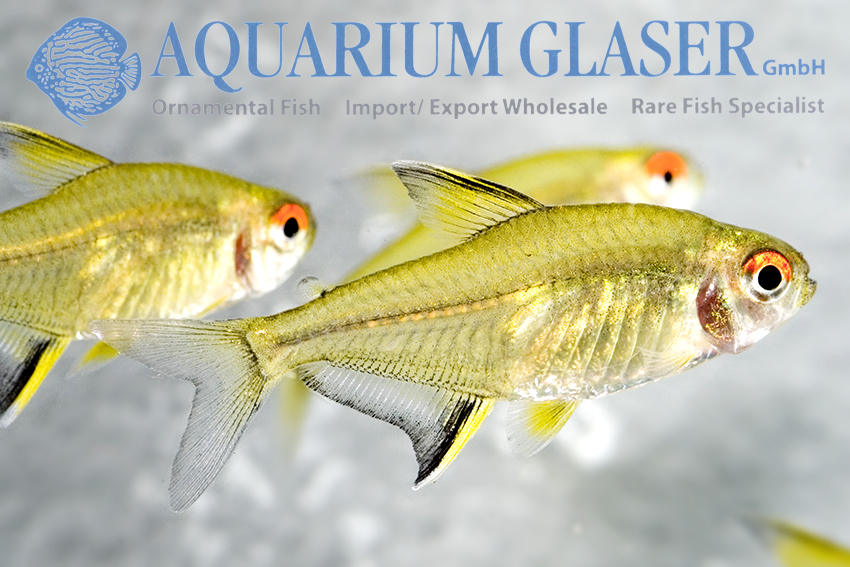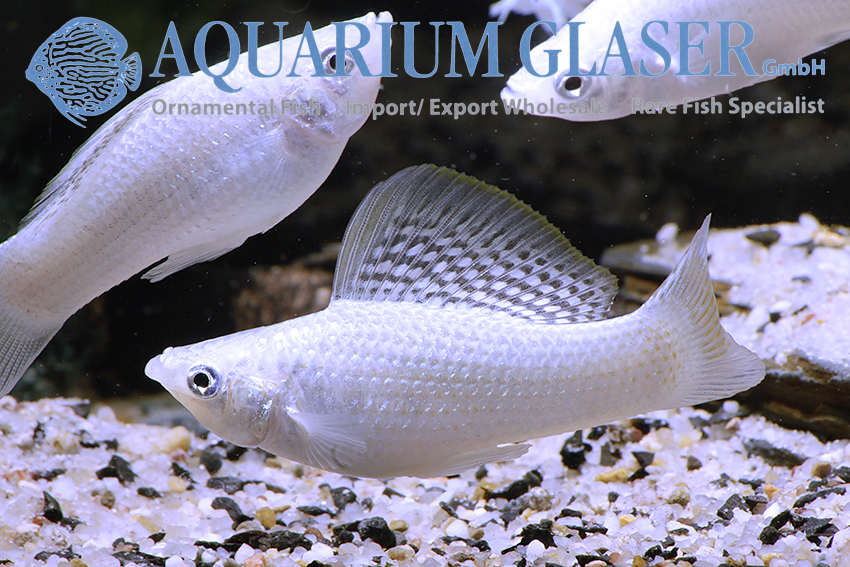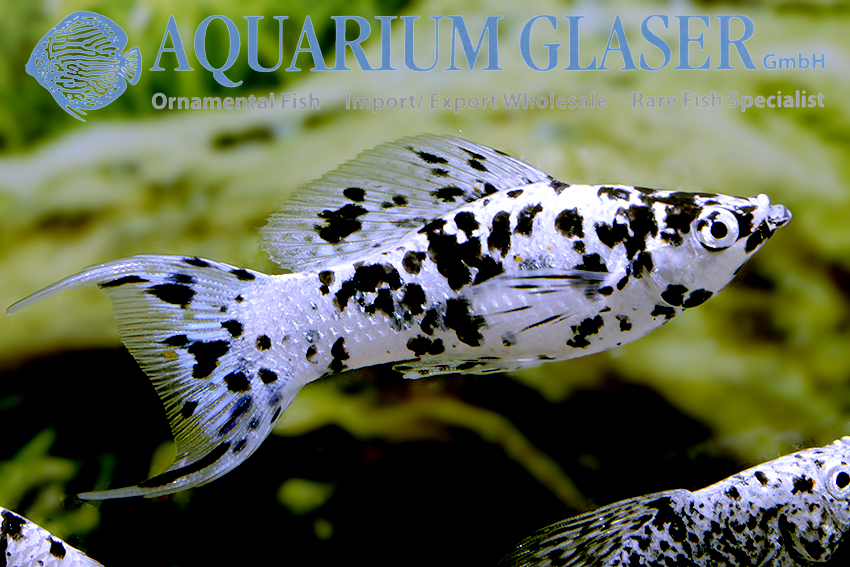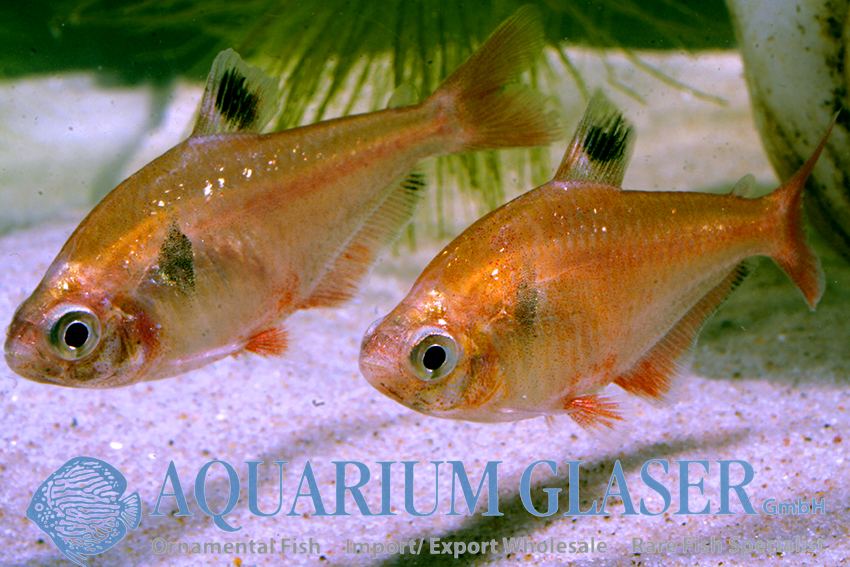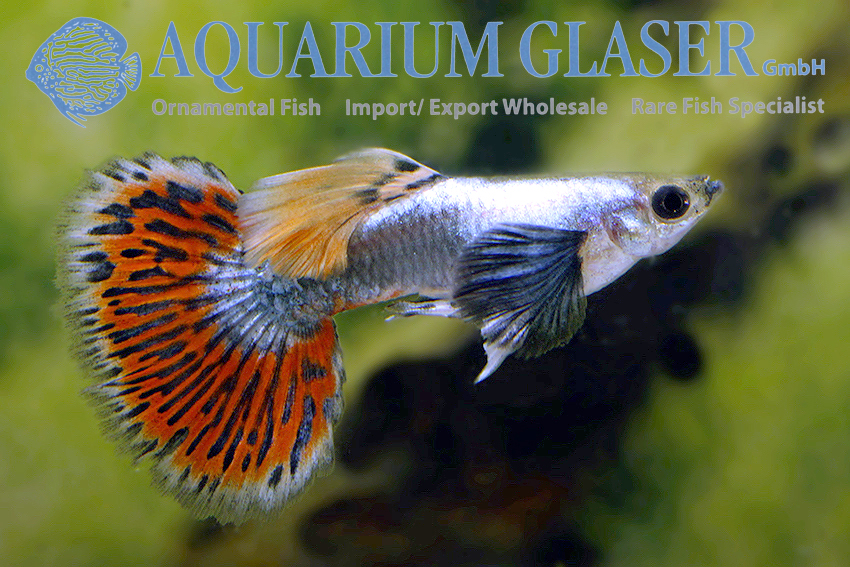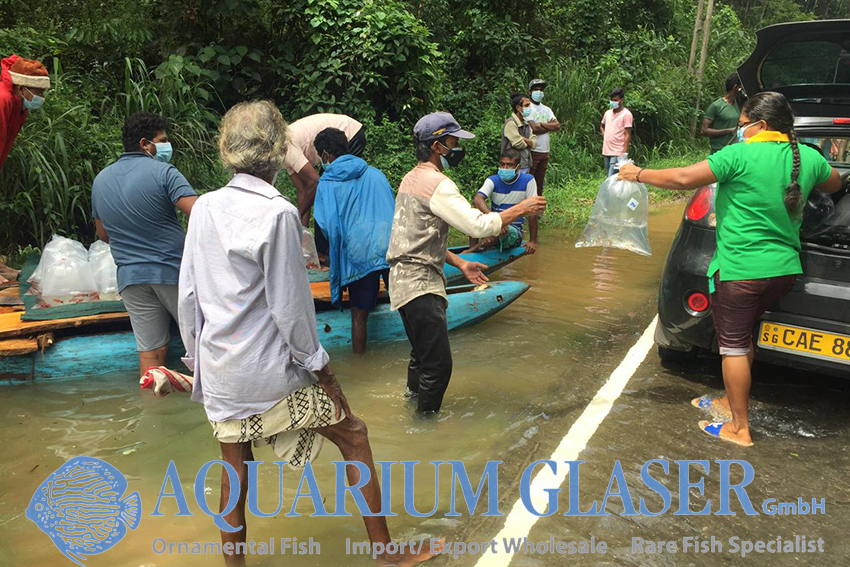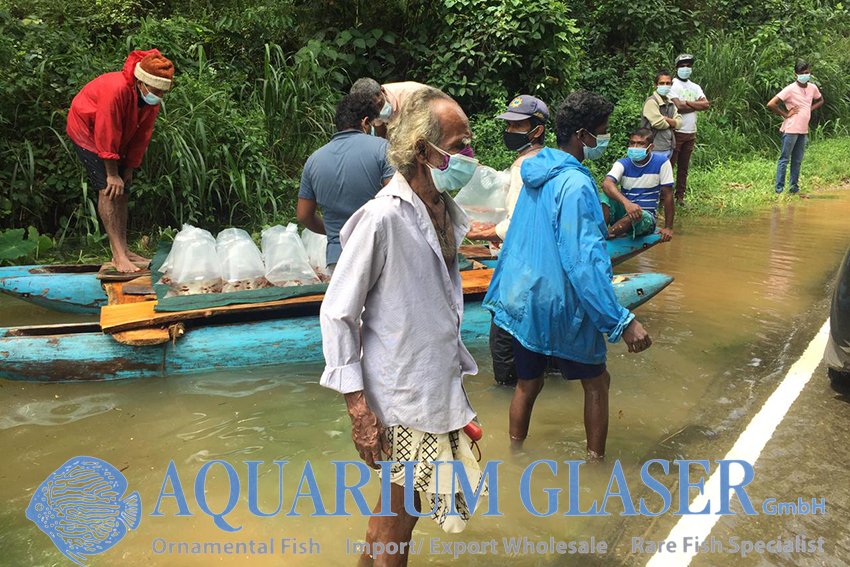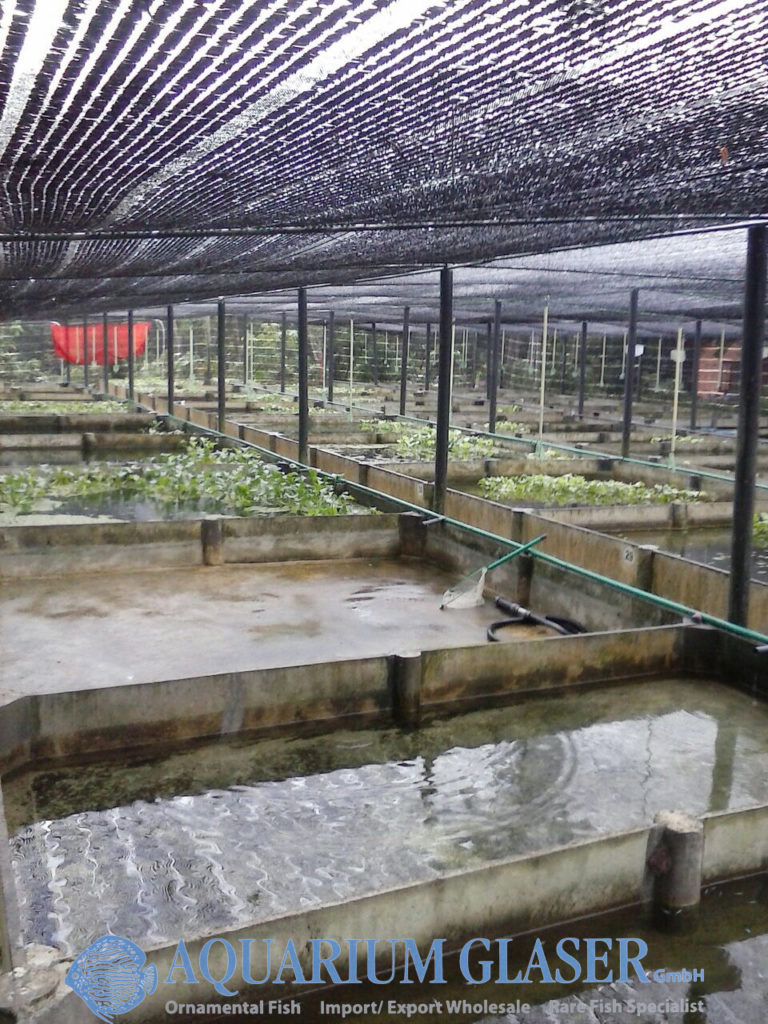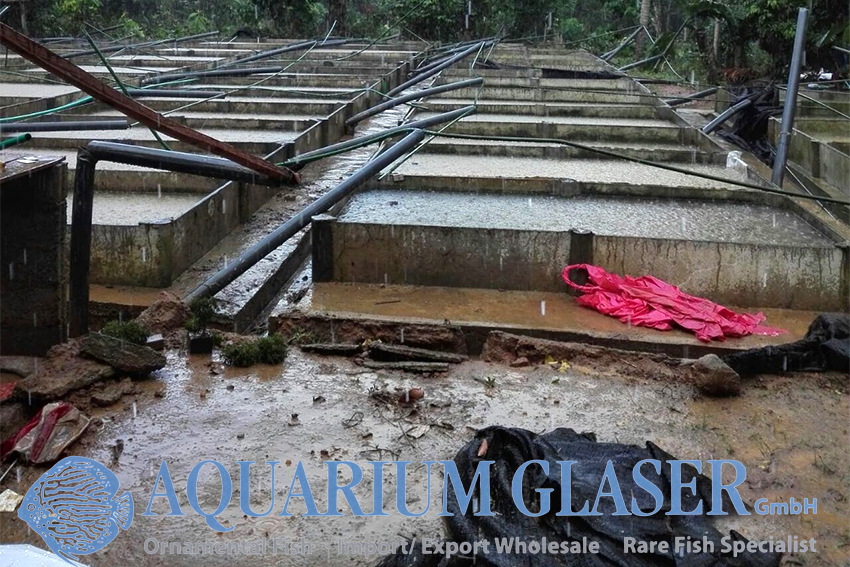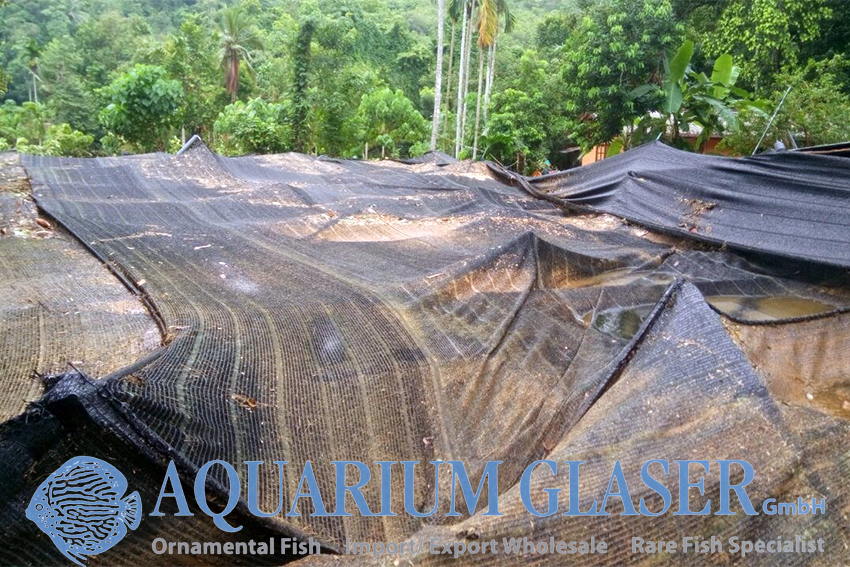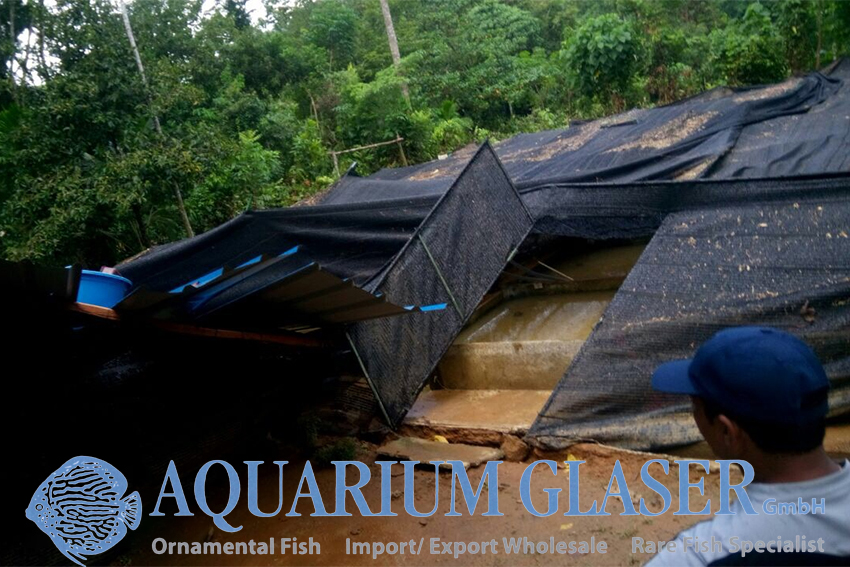The ornamental fish industry, as an international, global player, is naturally particularly affected by the pandemic; however, it is not only the virus and its direct effects that are causing problems for breeders, catchers and exporters around the world. Climatic changes, industrial conversion of the landscape, water pollution and social aspects also have a major impact on the ornamental fish trade. In addition, there are local, site-specific challenges and, of course, national and international legislation. In addition, the ability to plan exports is very problematic due to air travel, which is still severely restricted. Unfortunately, little leaks out about the direct impact on our suppliers and their specific problems on the ground. We have therefore asked them to describe their situation to us. In irregular order we bring the experiences of our business partners as a newsletter.
We start with our supplier from Sri Lanka:
1.- General information about the company
Company founded in ? 1994
Number of employees? 92
How many family members depend on it? approx. 368
Number of direct suppliers? 35
How many family members depend on it? approx. 140
Number of outgrower? 26
How many family members are dependent on it? approx. 104
Size of the facility? Total square meters: 46,817.
Approximately what percentage of your country’s population is vaccinated against Corona? 60% (as of today). The accuracy of this figure is questionable.
Approximately how many of your employees are vaccinated against Corona? 100% as of August 2021.
2.- What are the biggest challenges currently facing your company?
Answer: We breed and raise all fish needed for export. No fish are taken from the wild. Ornamental fish are bred to meet the needs of the market. Therefore, the breeding and raising of fish must be done according to a planned program that includes the following:
A. Preparation of required parental breeding stock
B. preparation of regular replacement stocks for the parental stocks
C. Rearing of fish for export
D. Grading of fish for export, including initial rearing at the nursery and subsequent transfer to nursery ponds
E. Preparation and administration of appropriate nutrients and feeds according to species/variety
F. Fishing and selection of good quality fish for export.
All of the above tasks and many more must be performed under daily supervision.
During the pandemic period that started in March 2020, many of the required care activities could not be carried out in time due to domestic travel bans, (lockdowns, etc.) We worked with a skeleton staff after obtaining special permits. Nevertheless, we were not able to work according to the planned program. The lack of flights to ship export-ready fish contributed to overstocking and disease. We had to feed thousands of fish to prevent the spread of disease. This had a negative impact on the supply chain, especially for certain guppy varieties that are produced in large quantities. We are now only gradually getting back on track, and it will be a while before we can again consistently supply high quality fish of the pre-pandemic quality.
3.- How have prices and the supply situation changed in the last weeks/months and what are the biggest changes/difficulties?
Answer: 1.- Purchase prices
Due to the instability of the export market caused by Covid 19, we have reached an agreement with suppliers and kept the purchase price stable until now.
However, we will have a price increase of 10% to 15% for purchasing fish from November 2021.
The cost of raw materials, including fish feed and packaging materials, has increased by approximately 30% since January 2021 due to the rapid devaluation of the Sri Lankan currency. We expect prices to increase further in the near future due to the continued depreciation of the Sri Lankan currency against the US dollar and the Euro. As an example, 425 g of Artemia cysts purchased for US $32 in 2020 now cost US $44. Dry fish food that cost US $0.75 per kg now costs US $1.25.
Medicines have become enormously more expensive. The lack of imports of items needed for fish farming has also contributed to the rapid increase in prices due to the lack of foreign exchange reserves.
2.- Additional stocks
Additional inventories of raw materials – obstacle to cash flow.
Normally, we hold a 3-month supply of key raw materials worth approximately US$35,000. Currently, we are holding 4 to 5 months of inventory, which is hindering the company’s cash flow. The value of raw material inventory is currently US$47,500.
3.- Food/medicines for people
Since fish farming and rearing of freshwater ornamental fish are labor-intensive activities, the most important thing in our facility is the people – that is, our employees.
Prices of staple foods such as rice, wheat flour, milk, eggs, chicken, and vegetables have increased by 20% to 50%, and the cost of medicines has increased by 50% to 100%, due to the shortage of supply resulting from the devaluation of the Sri Lankan currency and the lack of foreign exchange reserves.
4.- How has the situation of the employees changed in the last weeks/months?
Answer: our pre-epidemic workers are still employed by us, but are having great difficulty surviving due to the rapid increase in the cost of food and medicine.
5.- What impact does Corona currently have on their daily work?
Answer: The negative factors are
A. Rapid increase in the prices of raw materials.
B. Short supply of raw materials
C. Shortage of flights
D. High freight costs
6.- What is the impact of weather conditions on fish procurement/availability?
Answer: heavy rains have a negative impact on the achievement of farming objectives and lead to a shortage of exportable quantities of fish
7.- What influence do weather conditions have on the keeping of fish in your facility?
Answer: Again, it is mainly heavy rains that are dangerous. There is a tendency for diseases to spread. However, thanks to careful monitoring, we have managed to keep disease cases to a minimum.
8.- How has the general quality of the fish changed?
Answer: The quality has decreased due to
A. Delays in husbandry practices
B. overstocking
C. Lack of “just in time” control. However, we are now back on track to achieve “Pre-Endemic Quality”.
9.- In your view, is there any way to make the current situation more tolerable or to solve the current problems more quickly?
Answer: a disciplined community of Sri Lankans working towards a common vision.
10. – Keyword sustainability: does it play a role in your everyday work? If so, what is it?
Answer: yes, of course. We make sure that employees have a happy life.
The balance of the annual bonus will be paid in December 21.
The annual salary increases will be paid in January 22.
School books, shoes and socks, and school uniforms will be issued to employees’ children in January 22.
11.- Is there any support from the government for the current problems (probably mainly Corona)?
Answer: only in relation to the vaccination program for people.
12.- Do you have any expectations for the coming weeks/months on how everything will develop with you?
Answer: We hope to achieve pre-endemic consistency in terms of delivery reliability and quality by the end of January 2021.
13.- Is there anything you would like to share with us that we should inform our customers about?
Answer: They should have confidence in us that we will achieve pre-endemic consistency in both quality and deliveries as we are a dedicated team. It was announced today by the Export Development Board of Srilanka that the Presidential Award for the category of Ornamental Fish Exports, has been awarded to us for the years 2019/20 & 2020/21 (period April to March of the following year). We have won the award for 4 consecutive years, starting with 2017/18, 2018/19, 2019/20, 2020/21. Many thanks to Aquarium Glaser and its customers, we are honored.
Best regards to all and thank you to the entire staff of Aquarium Glaser for their continued support.
Srilal and the team





